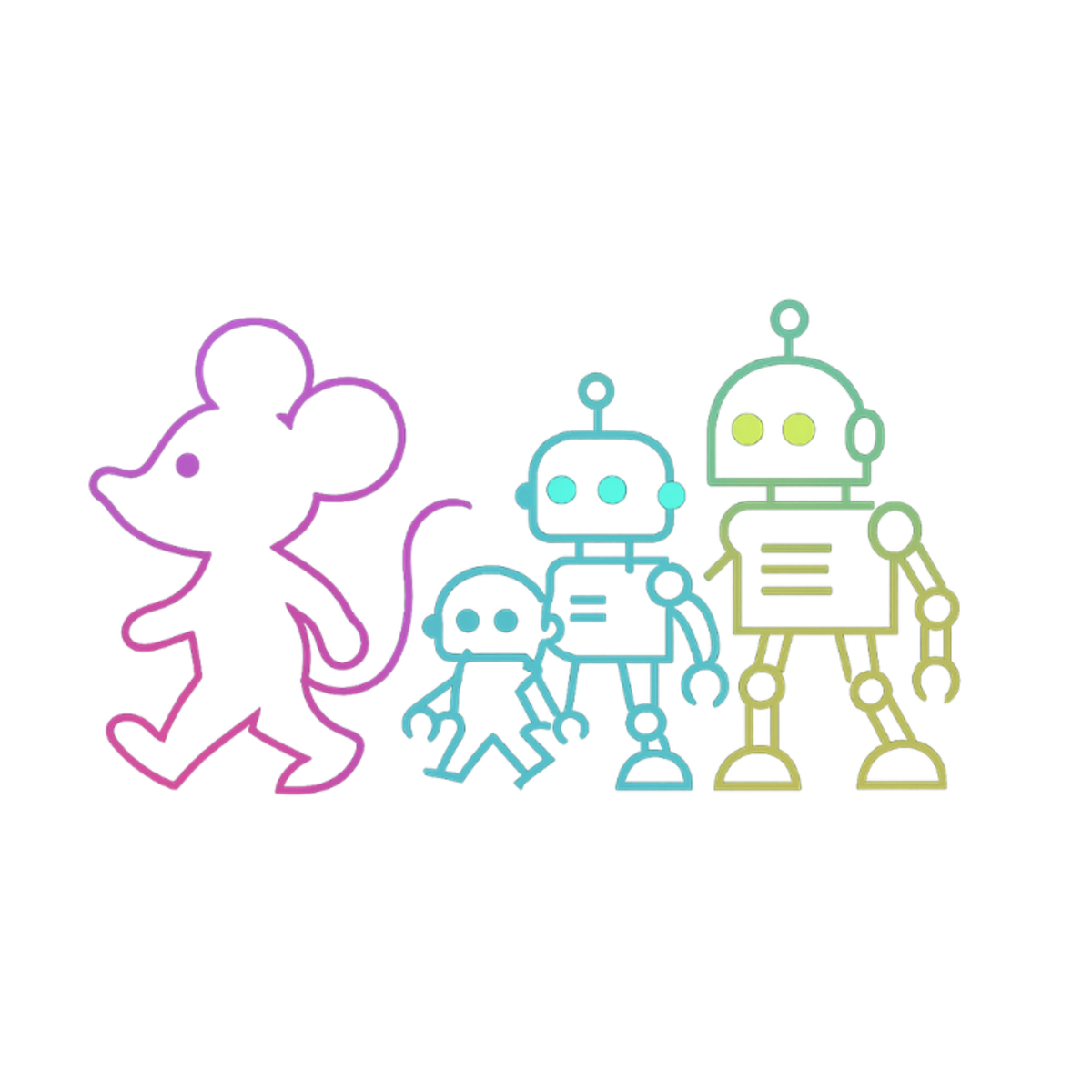
AI is rewriting the rules daily.
We make sure you don’t miss the ones that matter, welcome back to The Midas Report.
At Midas AI, we’re constantly asking what’s the next frontier for AI?
Voice has been taking centre stage recently, but it seems the latest battle ground to heat up is your browser.
If big AI has its way, your browser is no longer just for browsing, it’s headquarters.
That’s the message behind Atlassian’s $610 million cash acquisition of The Browser Company, maker of Arc and the newer AI powered browser Dia.
Atlassian plans to make Dia the default browser for work inside its ecosystem, betting that the future of productivity isn’t in switching between apps, but orchestrating them from a single, intelligent window.
It’s a big swing and a bold validation of the “agentic AI” thesis.
In plain English, forget chatbots stuck inside individual tools. What companies want now are AI agents that shuttle between tabs, summarize content, act on tasks, and stitch together workflows across an entire workday.
That used to be a feature. Now it’s the whole product.
Dia isn’t alone here. Perplexity has Comet. Brave has Leo. Microsoft has been layering Copilot into Edge, especially for enterprise users.
And while Google Chrome still controls a whopping 69% of browser market share, the user experience hasn’t shifted meaningfully in over a decade. That’s the opening.
Atlassian’s play is timely. With legacy enterprise software increasingly fragmented, workers toggle between tools like Monday, Figma, Slack, Google Sheets, each useful, none connected.
Atlassian wants Dia to serve as the connective tissue that makes its suite (Jira, Confluence, Trello) feel like more than a bundle.
It’s a browser as command center, cross functional, contextual, and increasingly autonomous.
The price tag tells you everything. At $610M, Dia gets the kind of exit typically reserved for high growth SaaS plays and all for a browser most people haven’t even heard of yet.
It also signals that VCs weren’t wrong to pile cash into browser startups betting on agents.
If you’re building software, this should be a wake up call.
The interface is shifting. Agents are becoming the front door, not your app.

🧠 The Download
OpenAI takes aim at LinkedIn with a new hiring platform. This isn’t just a recruiting play, it’s vertical integration of the AI workforce, from credentialing to placement, inside a walled garden running on OpenAI’s own silicon.
OpenAI to manufacture its own AI chips in partnership with Broadcom and TSMC by 2026 as controlling compute means owning your destiny.
Cisco, Nvidia, and VAST unveil scalable AI agent infrastructure for enterprises. If you’re building agentic tools for serious workflows, your future may be running on this rack.

Broadcom’s blowout $10 billion AI chip order sent its stock soaring 6.2% to new all time highs, cementing its place at the center of the AI hardware boom.
Thinking Machines Lab, the new venture from ex OpenAI CTO Mira Murati, just landed a $2 billion Series A at a $12 billion valuation, pulling in backing from Nvidia, AMD, Cisco, and a16z to mount a fast track challenge in the AI infrastructure race.
ChainGPT is turning heads in the AI crypto world with a suite of live tools, from smart contract coding to token analysis and a roadmap aimed at monetizing its blockchain AI assistant.
That’s your AI Edge for September 5th 2025.
See you tomorrow!
Midas AI

